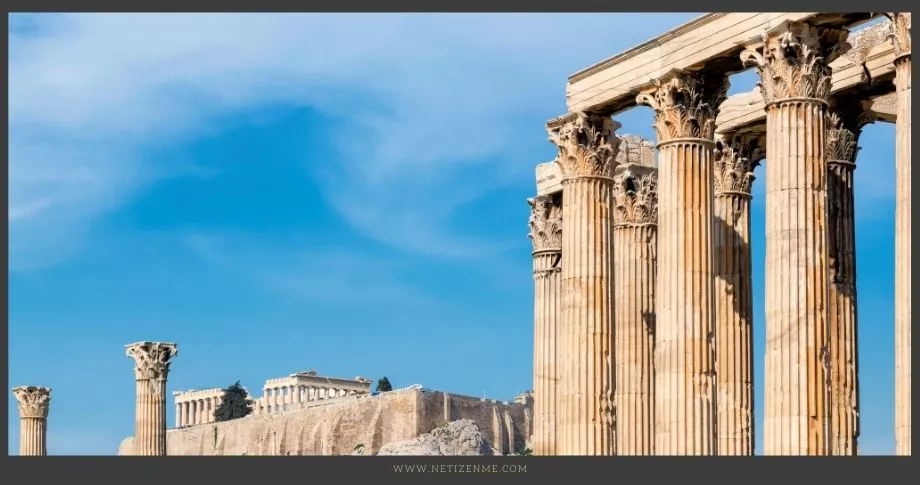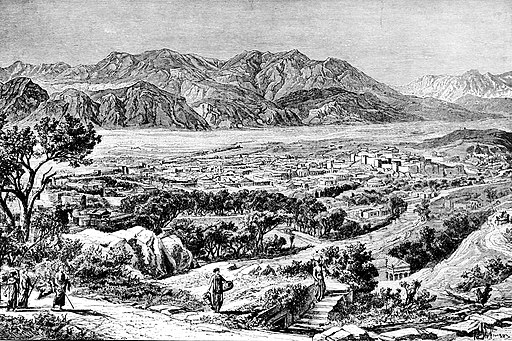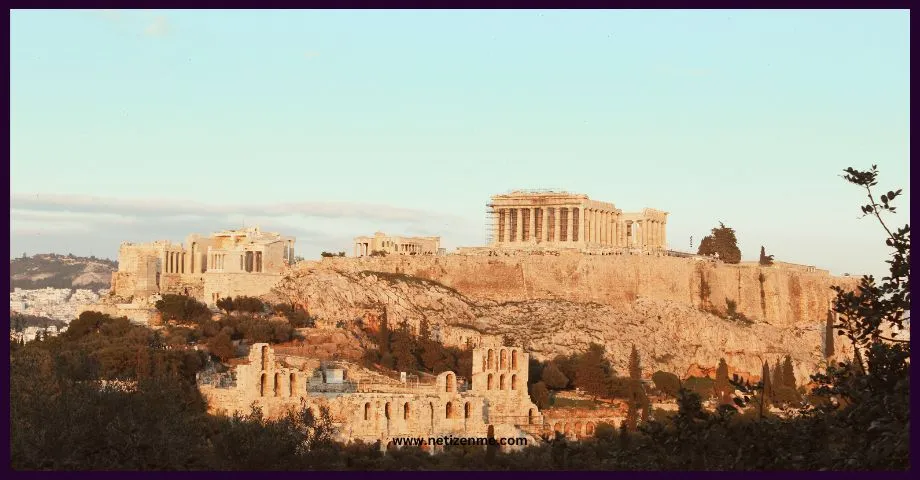Athens and Sparta were the two most prominent city-states in ancient Greece. Both were permanently placed in world history and even influenced the modern world.
Athens was known for its art, literature, and philosophy, while Sparta was known for its military prowess. Both states had their strengths and weaknesses, but ultimately, Athens was victorious in the Peloponnesian War.
The two most prominent city-states in ancient Greece

What is the difference between Athens and Sparta?
The decision would be tough if one had the chance to live in ancient Greece and choose one of these two city-states. For a woman, one would expect this choice would be Sparta, where women had more freedom than in Athens. However, there is more to consider than just one fact. These two great city-states had vast differences that made them stand out.
Athens was a trading state near the sea, exporting products, including vine, silver, and poetry. They had a firm naval power and good relationships with neighboring city-states. Sparta, in contrast, was a military state, and its lifestyle centered around the military. They used the slaves for farming the lands while male citizens joined the compulsory army service (Andrews,2013).
While Athenians were enjoying arts and architecture, Spartans trained to become warriors. Democratic government in Athens allowed their men who were 18 and born in Athens to participate in the assembly, where they could voice their opinions and participate in the government process. The oligarchic government in Sparta had two kings supported by a council of elders of noble birth.
Education
Athenian men received a formal education in academics, arts & music, literature, and athletics since the age of 6, but not women. However, the mothers taught their daughters to cook, dance, sing, and other crafts involved in maintaining a household (Chrysopoulos, 2018).
On the other hand, Sparta provided education to everyone. Spartan men had to leave their mothers and home at 6 to join military training, while girls also received education focused on physical fitness and fighting skills (Andrews,2013).
Spartan women enjoyed some freedom compared to Athenian women. Apart from formal education, Spartan women could own property and remarry (Brand, n.d). Since most men spent most of their adult lives in the army, women ran the household and managed properties, including slaves(Brand, n.d). Athenian slaves were skilled in different occupations, such as teachers, household helpers, and artisans (Chrysopoulos, 2018). They were treated relatively fairly compared to Sparta.

Slaves
Spartan slaves and helots worked as laborers, helpers, and farmers. They had the opportunity to buy back their freedom. However, the tension between Spartan citizens and helots was high due to the potential helot uprising.
Athens and Sparta present reliable facts about why their lifestyle could be better than others. Spartan women’s education was focused only on physical strength. However, Athenian women taught life skills suitable to their daughters, including crafts and cooking. Moreover, they treated slaves in Athens as much more civilized and humane. Democratic government system, friendliness towards neighboring city-states, and family-oriented setting in Athens are apparent differences between Athens and Sparta.
Religion
In Athens, the main religion was polytheistic, while in Sparta, it was monotheistic. Athens had many temples and shrines dedicated to its various gods and goddesses, while Sparta only had one temple dedicated to its god, Zeus. The Spartans believed their god would help them in need, while the Athenians believed their gods would help them in all aspects of their lives.
Location
Athens is located on the eastern side of the Peloponnese peninsula, while Sparta is on the western side. The Aegean Sea surrounds Athens, while Sparta is landlocked. Athens has a Mediterranean climate, while Sparta has a more continental climate.
Values
Athens and Sparta have different values. Athens highly values democracy, art, and culture. They believe that all citizens should have a say in government. They also support the arts and believe that culture is important to society. Sparta, on the other hand, values military strength and power. They believe that the strong should rule over the weak. They also think that war is necessary to keep people in line.
Other Characteristics
Athens and Sparta are two Greek city-states with very different cultures. Athens is known for its art, literature, and philosophy, while Sparta is known for its military prowess. Both city-states had different forms of government, with Athens being a democracy and Sparta being an oligarchy. Athens was also much more cosmopolitan than Sparta, which was very insular.
Equal Rights and Gender Freedom
It is interesting to compare the two city-states of Athens and Sparta. They were both influential in their own ways but had different systems. Regarding gender rights and freedom, Athens and Sparta couldn’t be more different. In Athens, women had almost no rights at all. They were not allowed to leave their homes or participate in public life. Sparta, on the other hand, was much more progressive. Women were allowed to own property, and they even received military training. They could also participate in public life and hold influential positions in government.
The fall of Athens and Sparta
These two most prominent city-states fell in ancient Greece due to several factors. First, both cities were constantly at war, which took a toll on their resources. Second, they had different forms of government, which led to internal strife. Third, they were both located in unstable regions, which made them vulnerable to attack. Lastly, their economies could not keep up with their citizens’ demands.
References for further reading about Athens and Sparta:
- Brand, P. J. (n.d.). Athens & Sparta: Democracy vs. Dictatorship. (source)
- Andrews, E. (2013). 8 Reasons It Was Not Easy Being Spartan. (source)
- Chrysopoulos, P. (2018). Everyday Life in Ancient Athens. (source)
Related: End of the Athenian Golden Age
This article is written by:
Our professional writers and editors are passionate about sharing high-quality information and insights with our audience. We conduct diligent research, maintain fact-checking protocols, and prioritize accuracy and integrity to the best of our capacity.
You can cite our articles under the author name "Netizenme"






